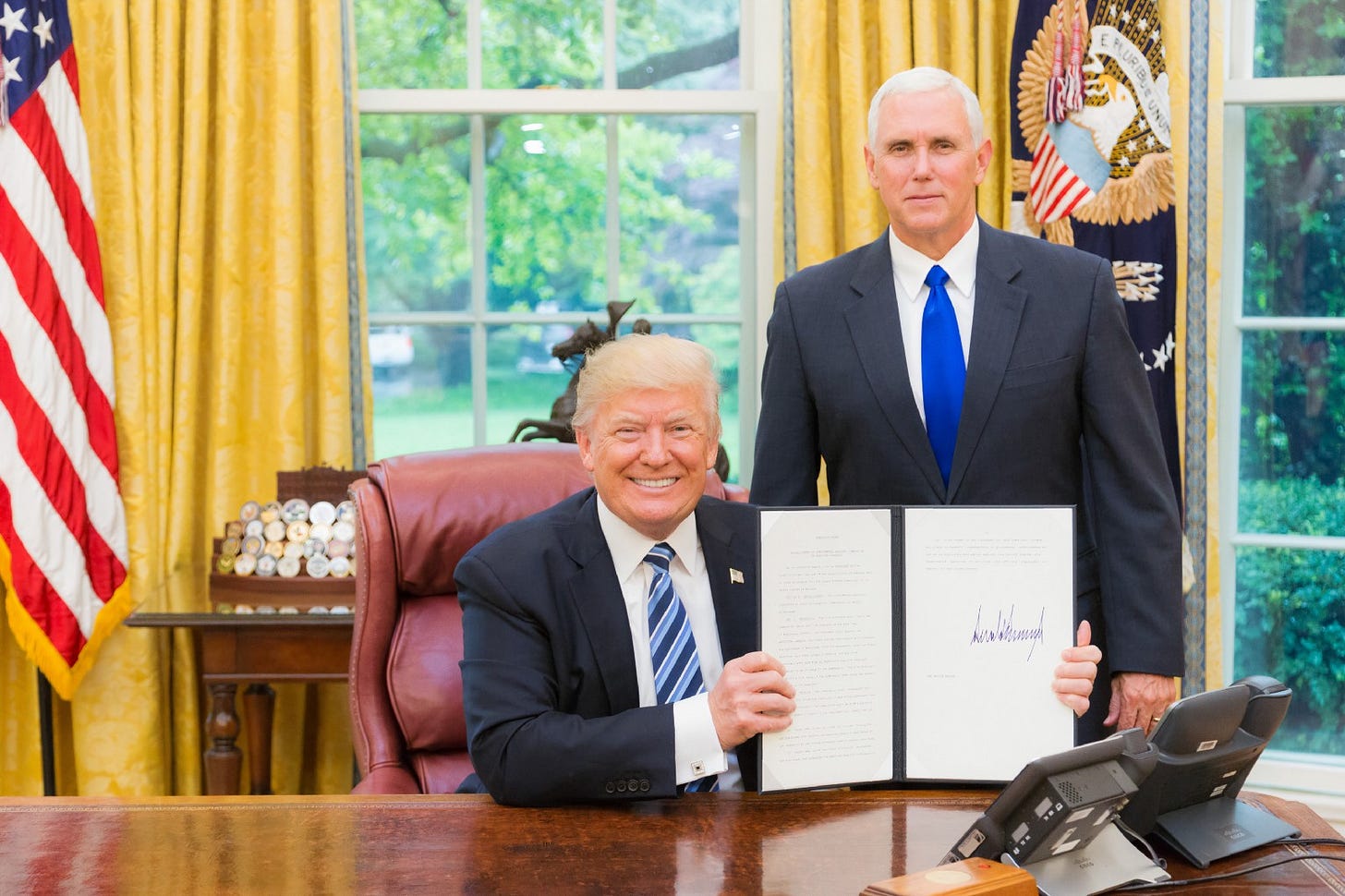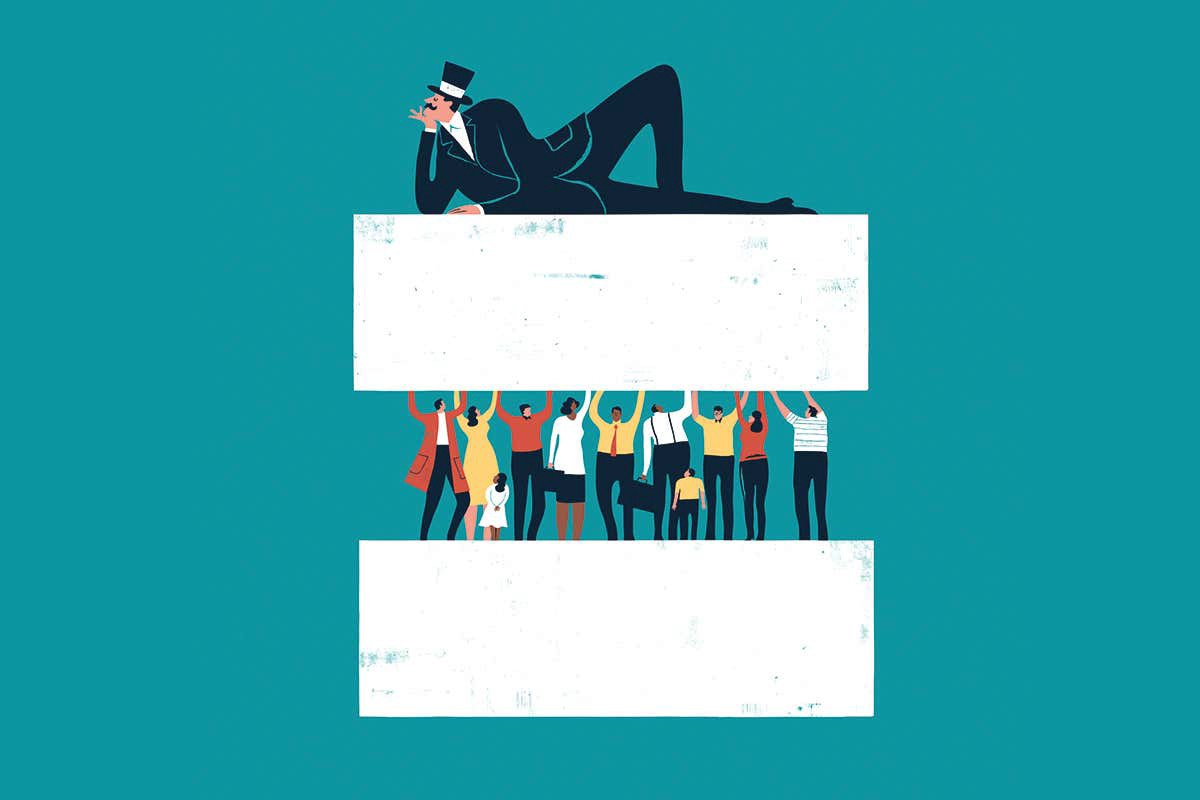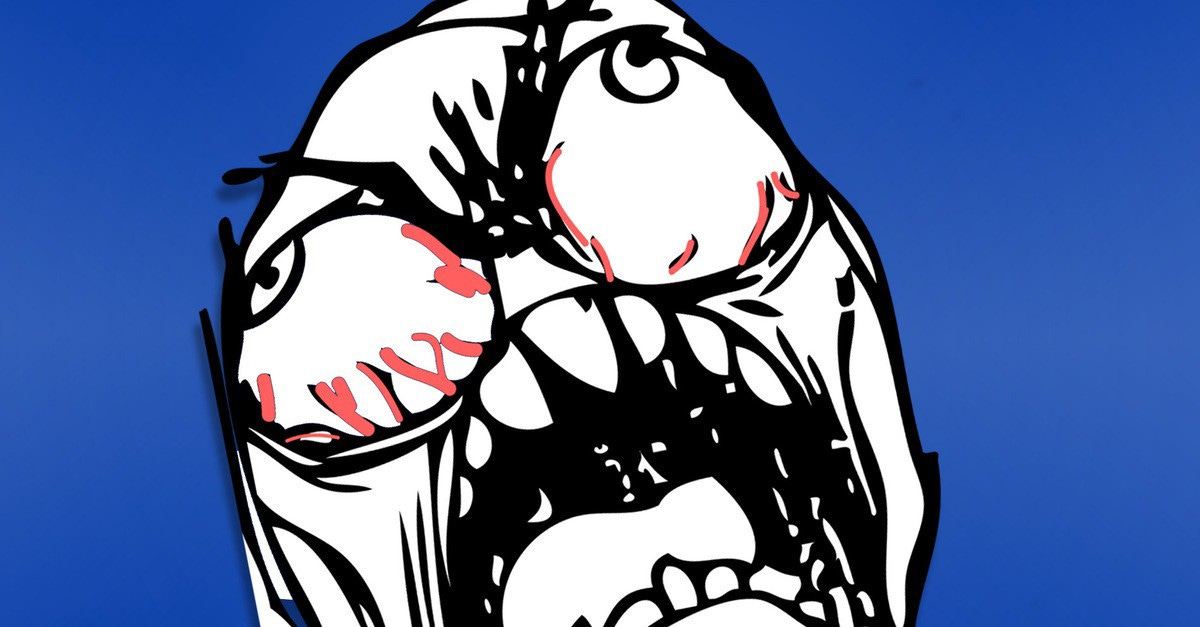Middle Path Thinking: Staying Balanced and Avoiding the Danger of Exaggeration
“The relentless pursuit of mass will make you boring. To offend no-one and satisfy everyone. Be prolific. Be specific. Stand for something.” — Seth Godin
As a marketer, this is a mantra that obviously makes sense. It works. Don’t be vanilla, don’t be dry. No-one wants to read / hear from people who sit on the fence — we love opinionated, sensationalist, hypey things which are interesting and stir up the emotions and make you feel all the feels, etc.
That’s cool. I can do that. Well actually, I do do that. In fact, so much so that I have had people often call me ‘niche’ — in the things I like, in the things I think, in the things I buy. I don’t tend to follow the crowd so much. Quite the contrarian in fact.
In business, focusing on a niche is good. Serve a very specific market and serve it well.
In life however, I would argue that perhaps it’s not quite so good.
How so?
In the sense that it could lead to a slippery slope.
In the sense, it could drive you to the fringes and extremes.
In the sense, you could become imbalanced.
Let me explain.
As we enter 2023, we live in a more polarised world than ever. We’re quick to cancel. We have an opinion on pretty much everything and we tend to be staunch in those opinions.
Online especially, it’s become a pressure cooker environment, where everyone is hostile. It’s like the Wild West at times.
The internet may have connected the world, but sadly we are more divided than ever.
Why is this happening?
In one word — exaggeration.
Nobody represents the art of exaggeration today better than Donald Trump.
In his 1987 book ‘the Art of the Deal’ he said:
“People want to believe that something is the biggest and the greatest and the most spectacular,” he wrote. “I call it truthful hyperbole. It’s an innocent form of exaggeration, and a very effective form of promotion.”
He exaggerated his way into the ultimate power — and then doubled down. His Twitter feed and speeches constantly repeated words like “biggest,” “greatest” “best” and “smartest.”
This has paved the way for the influencers of today and even made its way into dawah and Muslim circles.
But a word of warning.
If you look at anyone who goes astray, and away from the balanced, middle path, it always happens out of some form of exaggeration.
The Prophet talked about excessiveness in the religion when he said:
“Beware of going to extremes (in religion), for those before you were only destroyed through excessiveness.” [An-Nasai]
In another hadith he said:
“Beware! The extremists perished!”, saying it three times. [Abu Dawud”, 4608]
It is said in the Quran,
“Say: O people of the Book, do not be excessive in your religion.’” [4:171]
Imam Qurtubi in his commentary said this referred to Jews and how they exaggerated and went extreme in their denial of Jesus (pbuh), as well as the Christians who went the other way and exaggerated in their elevation of Jesus into God (pbuh).
We can apply this logic further to other areas.
For example, you could say the shia exaggerate their love for Ali (ra).
You could also say atheists exaggerate their denial of God or in their unwavering belief in science.
Capitalists exaggerate the need for profit above all else.
Vegans exaggerate the evil of meat and in their consumption of vegetables.
Feminists exaggerate the evil of the patriarchy and are imbalanced in their gender role.
Red Pillers exaggerate the evil of feminists and are toxic in their masculinity.
Hustle culture corporate workers and entrepreneurs exaggerate the need to work crazy hours to become successful
Nationalists/Patriots exaggerate their love for their nation-state.
Liberals exaggerate the rights of the individual above all else.
Media… well they just exaggerate full stop :)
You get the idea.
This is just looking at groups of individuals.
Even entire ideologies and systems we abide by today are imbalanced and exaggerated.
Look at the state of our current economy. The top 50 people own more wealth than the bottom 90% (over 7 billion people) combined.
It’s quite interesting (and ironic) that the Arabic word for economics, iqtiṣād also means balance in Arabic. Iqtiṣād is from the root qaṣada — which means intended or purpose. It is often understood in Arabic as moderation, hence the Prophetic saying, “Wise economy (iqtiṣād) is a half of livelihood.”
And yet the economy, wealth distribution etc is yet another thing that has grossly become imbalanced and so far deviated from being orderly.
Why does all of this matter?
The unsustainable imbalanced way we’re living our life goes against what has been written in the Qu’ran:
“He raised the heavens and set up everything in balance (meezan) so that you would not exceed the balance. Therefore, maintain just measure and do not transgress the balance.” — Qur’an, [55:7–9]
Meezan, or balance, I’m learning in my old age, is the real name of the game, and the key to true success.
That is what we have when we’re on the fitrah.
Illness happens when we’re out of balance.
Bad things happen when we’re out of balance.
Without balance, entropy ensues, and we eventually descend into fawda. Chaos.
There’s another word for being out of balance.
Injustice. Disorder.
We don’t quite see it like that, though. Unfortunately, we don’t see imbalance as a big deal — because it’s that rampant in society.
I’m probably one of the most guilty parties when it comes to this — as I’ve been overworked and imbalanced for years and years, at the expense of my health and family, certainly.
But it’s starting to take its toll.
The answer to this is middle-path thinking.
That’s my biggest lesson learned from last year, and my primary goal for this year moving forward.
To balance all the poles, get to equilibrium and stay centred. Not just mentally, not just physically, but across the board. This is what holistic living looks like.
One of my favourite quotes on this subject is from Muhammad Asad, who said:
“Islam appears to me like a perfect work of architecture. All its parts are harmoniously conceived to complement and support each other; nothing is superfluous and nothing lacking, and the result is a structure of absolute balance and solid composure.”
When you go deeper into Islam, you realise so much of it represents harmony, balance and order. It’s the real yin-yang.
It’s really fascinating looking at the trends and patterns within the sunnah and how balance forms such a key part of how we’re supposed to live our lives. The Prophet (saw) divided his time into thirds (for himself, his family and for Allah), our stomachs should have one-third drink, one-third food and one-third air, cleanliness is one-half of faith, half of the religion is ibadah (worship), half is muamalat (transactions), etc. Add to that fasting twice a week, the white days etc — even this is balance for our health. Everything has its purpose, when you connect the dots.
The Qur’an says:
This is how We made you a moderate nation.” [2:143]
Even when it comes to productivity, how many of the scholars operated is that your time to work is essentially between Fajr and Zuhr only — which is around between 6–10 solid hours, depending on whether its summer or winter. To average it out, 8 (which is a third of our day). Given the barakah associated with time first thing in the morning and the ability to get more done, I wonder if we stayed strict to this rule of thumb, would we find more balance in our lives — especially when you consider things like Parkinson’s Law (where work is completed according to the time allotted).
It’s certainly something I want to implement properly this year.
The principle of balance you can apply to literally anything.
For example, for truth. The straight path is ALWAYS one that sits in the middle. Truth lies in the middle.
Ibn Mas’ud reported: The Messenger of Allah, peace and blessings be upon him, drew a line with his hand and he said:
“This is the straight path of Allah.”
Then the Prophet drew lines to the right and left and he said:
“These are other paths and there is not a path among them but that a devil is upon it calling to its way.”
Then the Prophet recited the verse:
“Verily, this is the straight path, so follow it and do not follow other paths.(6:153)” [Musnad Ahmad 4423]
You can also apply it to how we deal with difficulty and stay resilient.
Rumi said: “Life is a balance between holding on and letting go”.
Ali (ra) said “Life consists of two days, one day for you and one day against you. When it’s for you, don’t be proud or reckless and if it’s against you, be patient for both days are a test for you.
The Earth is under a direct order to follow natural laws which seek balance and equilibrium. Everything is specific and precise and divinely ordained. Sometimes the response to a certain degree of imbalance may manifest itself in a strong and vigorous fashion like hurricanes, earthquakes or tsunamis, in order to restore balance in the Universe. In the same way, after a sustained period of imbalance, we may get fatigued and get sick — which is essentially the body’s way of seeking to restore balance.
Even when you look at Ibn Khaldun’s cyclical theory looking at society and civilisations, he said all dynasties only last between 3 to 5 generations, but in those, it’s that middle generation that is often most successful, as it has the best of both worlds.
The Qur’an said:
“Thus, We have made you a justly balanced community that you will be witnesses over the people and the Messenger will be a witness over you.”
[2:143]
Ar-Razi’s commentary on this states:
“The ‘justly balanced’ (wasat) in reality is the furthest point between two extremes. There is no doubt that the two poles of excess and extravagance are destructive, so to be moderate in character is to be furthest from them, which is to be just and virtuous.”
Ibn Manẓūr wrote:
“Every praiseworthy characteristic has two blameworthy poles. Generosity is the middle between miserliness and extravagance. Courage is the middle between cowardice and recklessness. Humanity has been commanded to avoid every such blameworthy trait.” [Lisan al-Arab 15/209]
What this means is we need to learn to come more in the middle, in every sphere of our lives. Danger lies at both extremes. If you’re very passionate about one of the poles… why don’t you seek someone out from the opposite extreme? Just hear them out in full and keep an open mind without getting triggered. Even if you completely disagree, you may find it useful in it allowing you to take a step or two towards the middle.
If you’re working too hard, if you’re eating too much, if you’re sleeping too little… identify what in your life is ‘extreme’ or ‘exaggerated’… and move towards the middle path.
Madinah was a masterclass in middle-path thinking. The golden age societies of Baghdad and Cordoba had balance and equilibrium at the heart of it. That’s why they thrived — even with extremely diverse, cosmopolitan communities.
As such, the principle of balance and middle-path thinking should be pervasive in our thought processes and at the forefront of our reasoning in daily life.
And the way to begin to do that, in an era of unprecedented hyperbole, is simply to give exaggeration the middle finger.









Thank you sharing beautiful thoughts on bringing the balance in all aspect of our life